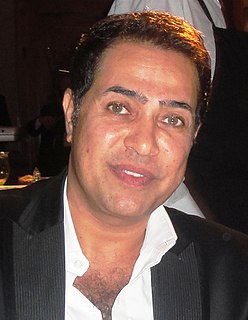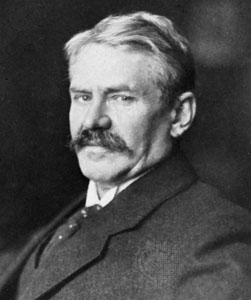A Quote by Michel Foucault
The book is not simply the object that one holds in one's hands, and it cannot remain within the little parallelpiped that contains it: its unity is variable and relative. As soon as one questions that unity, it loses its self-evidence; it indicates itself, constructs itself, only on the basis of a complex field of discourse.
Related Quotes
The big tradition, I think, is unity. And I have that in mind; and with that, you know, you could break all the traditions- all the other so-called rules, because they are stylistic.. and most are not true. As long as the marks are related to one another, there is unity. Unity in the work itself depends on unity of the artist's vision.
Only through blind Instinct, in which the only possible guidance of the Imperative is awanting, does the Power in Intuition remain undetermined; where it is schematised as absolute it becomes infinite; and where it is presented in a determinate form, as a principle, it becomes at least manifold. By the above-mentioned act of Intelligising, the Power liberates itself from Instinct, to direct itself towards Unity.
Cultivate an ongoing stream of self-description, telling yourself what is happening. Get used to the idea that mind can penetrate the immediate surface of being and reveal the tactile density of it as a manifold whose measure cannot be immediately taken by the eyes, that it's deep, it's connected, it's complex. Everything holds within itself the anticipation and the memory of everything else.
In societies where modern conditions of productions prevail, all of life presents itself as an immense accumulation of spectacles. Everything that was directly lived has moved away into representation. The images detached from every aspect of life fuse in a common stream in which the unity of this life can no longer be re-established. Reality considered partially unfolds, in its own general unity as a pseudo-world apart, an object of mere contemplation . . . The spectacle is not a collection of images, but a social relation among people, mediated by images.
All the things and events we usually consider as irreconcilable, such as cause and effect, past and future, subject and object, are actually just like the crest and trough of a single wave, a single vibration. For a wave, although itself a single event, only expresses itself through the opposites of crest and trough, high point and low point. For that very reason, the reality is not found in the crest nor the trough alone, but in their unity.
Perhaps - and this goes for the Kyoto School too - one of these insights is that nothingness and unknowing don't have to be equated with a destructive nihilism but with the experience of unity and participation - whilst resisting the tendency of objectifying metaphysics to claim that we can in some way 'know' that this experienced unity is really the truth of how things are, i.e., reveals being itself.








































